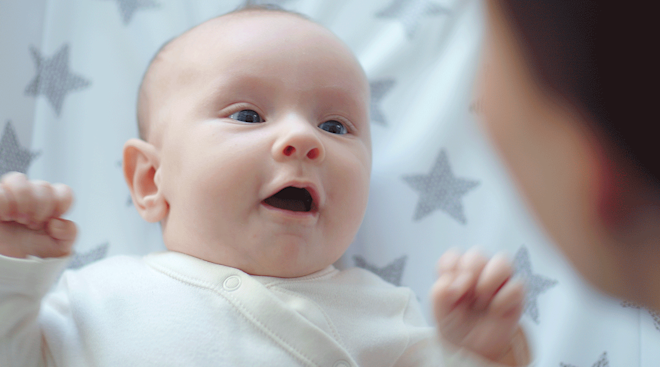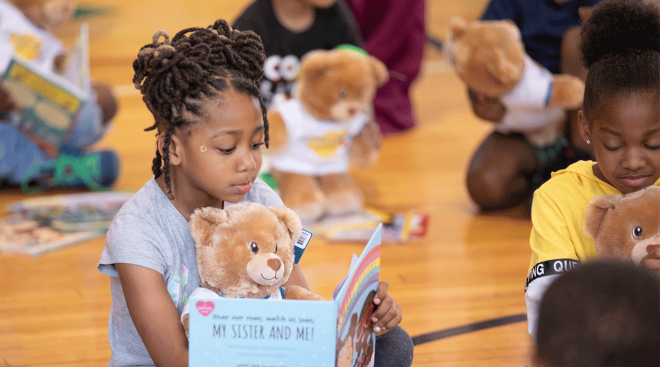Talking to Your Toddler Could Make Their Brain More Efficient
Are unicorns real? Why is the sky blue? What’s your favorite color? While conversations with your toddler might not always be the most intellectually stimulating for you, new research shows that talking with your tiny tot could have big benefits for their brain development.
Recently published in the Journal of Neuroscience, a study conducted by the University of East Anglia (UEA) suggests that engaging in conversation with toddlers plays a crucial role in the development of their brains. Led by Professor John Spencer from UEA’s School of Psychology, the research team collected thousands of hours of language data from 163 babies and toddlers by equipping them with small recording devices. Additionally, they employed MRI scans to examine the structure of their developing brains, focusing on myelin.
“We know that children’s brains develop very rapidly in the first two years of life, with brain volume at about 80 percent that of an adult brain by the age of two. Myelin is made up of protein and fatty substances and forms an insulating layer around nerves in the brain. It makes brain signals more efficient,” Spencer noted in a press release accompanying the study.
“Imagine you have a hosepipe with lots of holes in it. Myelin is like wrapping the hosepipe with duct tape – it insulates neural fibres, bringing more of the ‘signal’ from one brain area to the next. We wanted to know more about how this substance is involved with early brain development and particularly whether talking to young children boosts myelin production.”
The findings of the study revealed that two-and-a-half-year-olds who were exposed to more speech in their everyday environment exhibited higher levels of myelin in brain regions associated with language. Suggesting that increased exposure to speech may facilitate more sophisticated, more efficient language processing skills in children.
“In other words - talking to your kids is very important in early development as it helps to shape the brain,” Spencer said. While certainly an exciting conclusion, other experts point out that chatting more with your baby can’t be assumed as the direct cause of increased myelination production. The rate of baby’s myelination production may be genetic or linked to other factors like diet.
Though a direct connection can’t be made, considering talking to your little one more can’t hurt, there’s no reason not to give it a shot. Learn more about how engaging in baby’s babble could provide social development benefits as well.
Navigate forward to interact with the calendar and select a date. Press the question mark key to get the keyboard shortcuts for changing dates.





















































